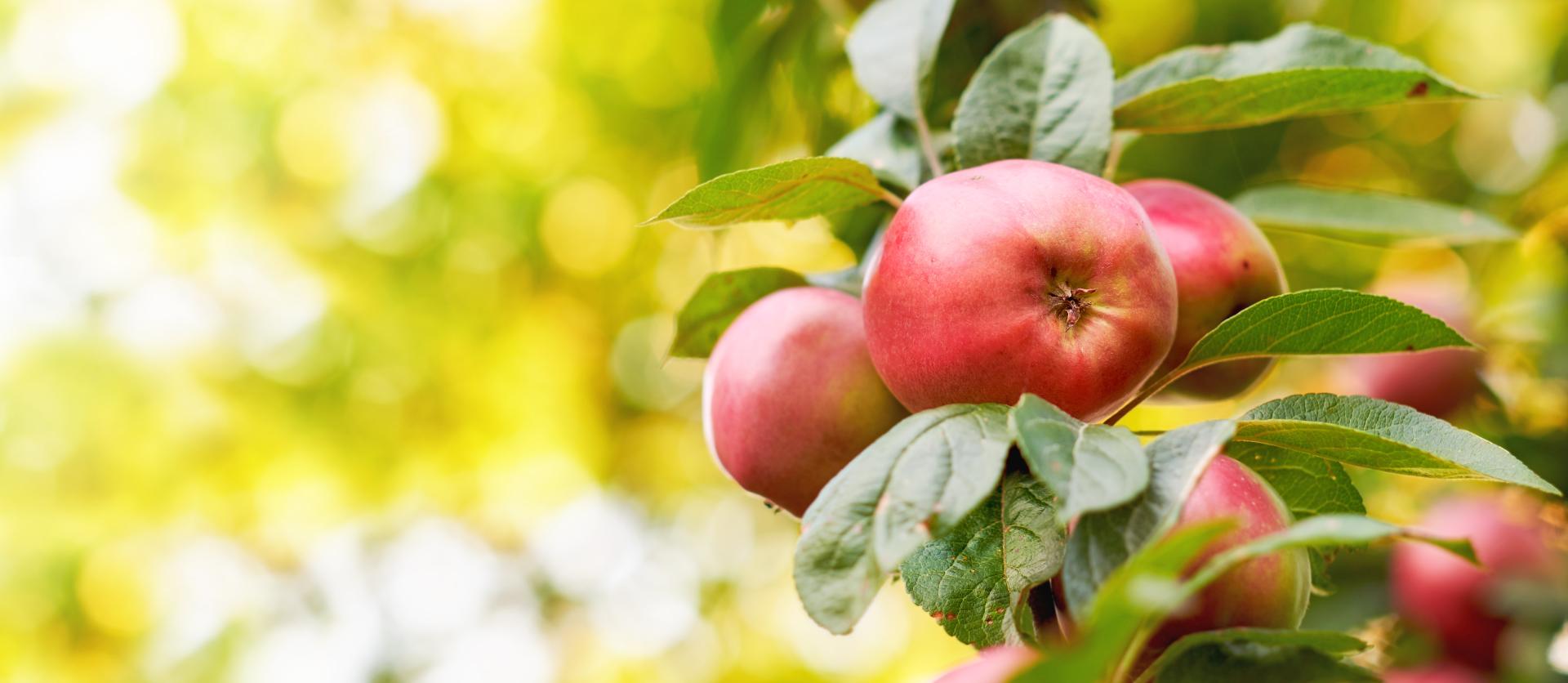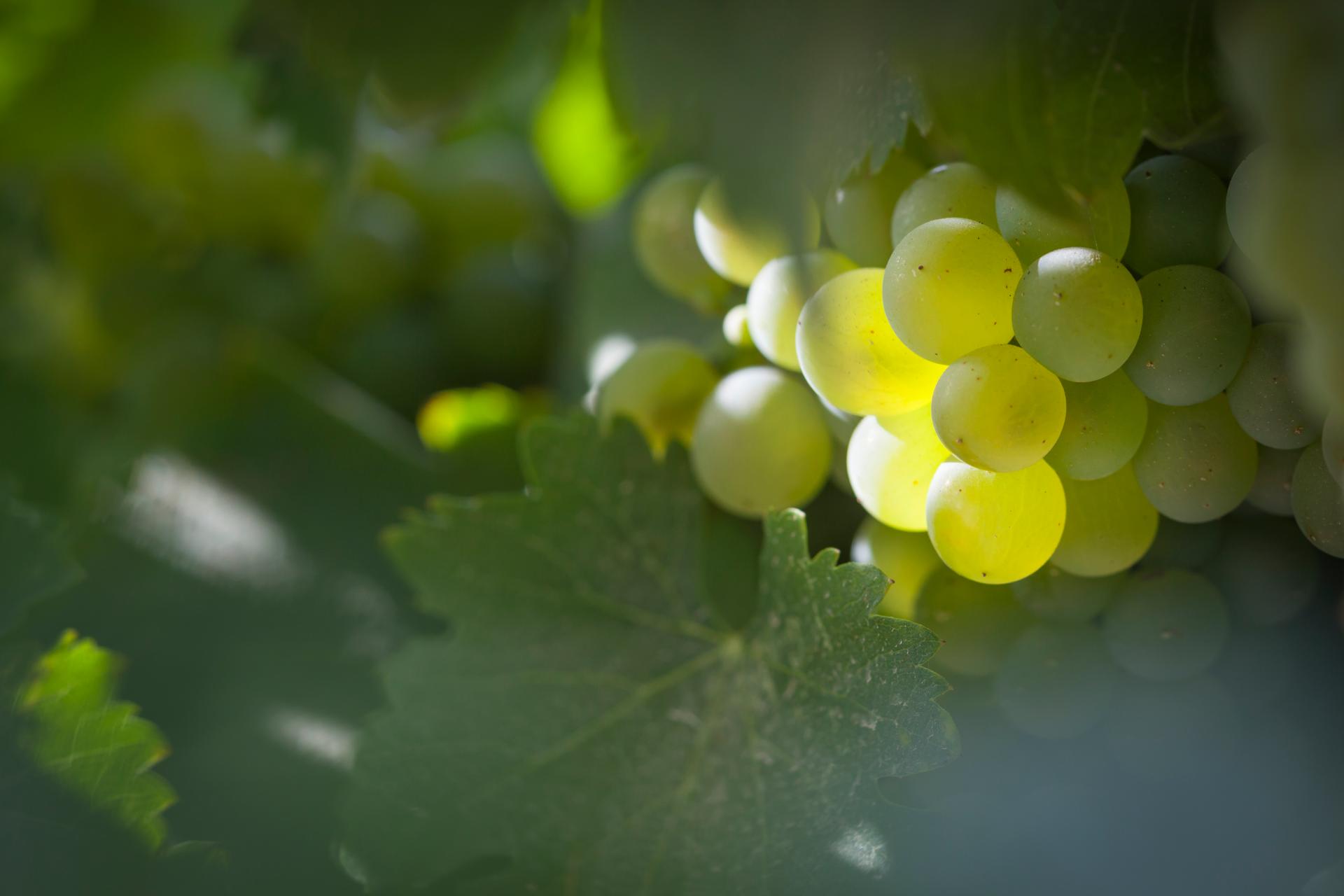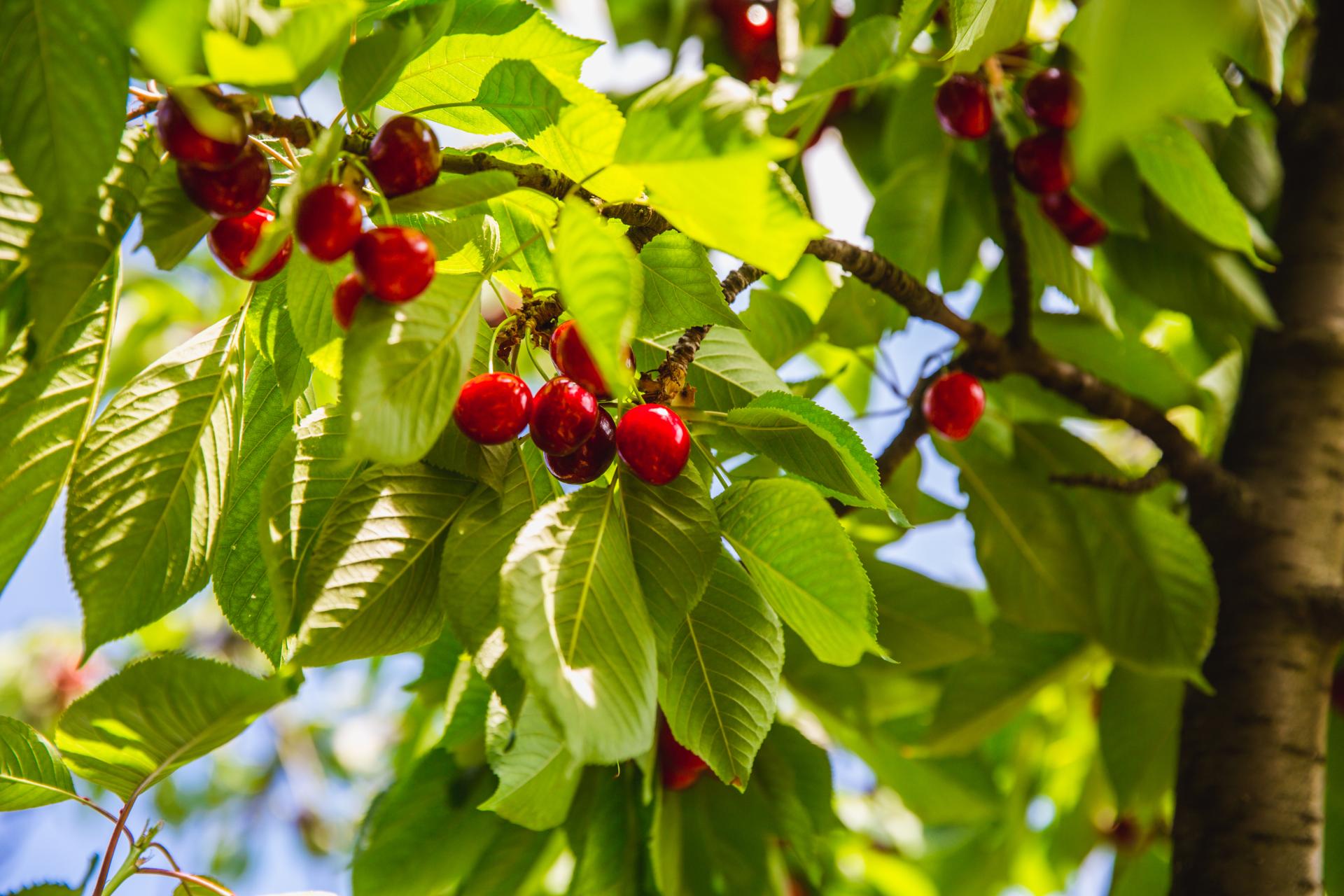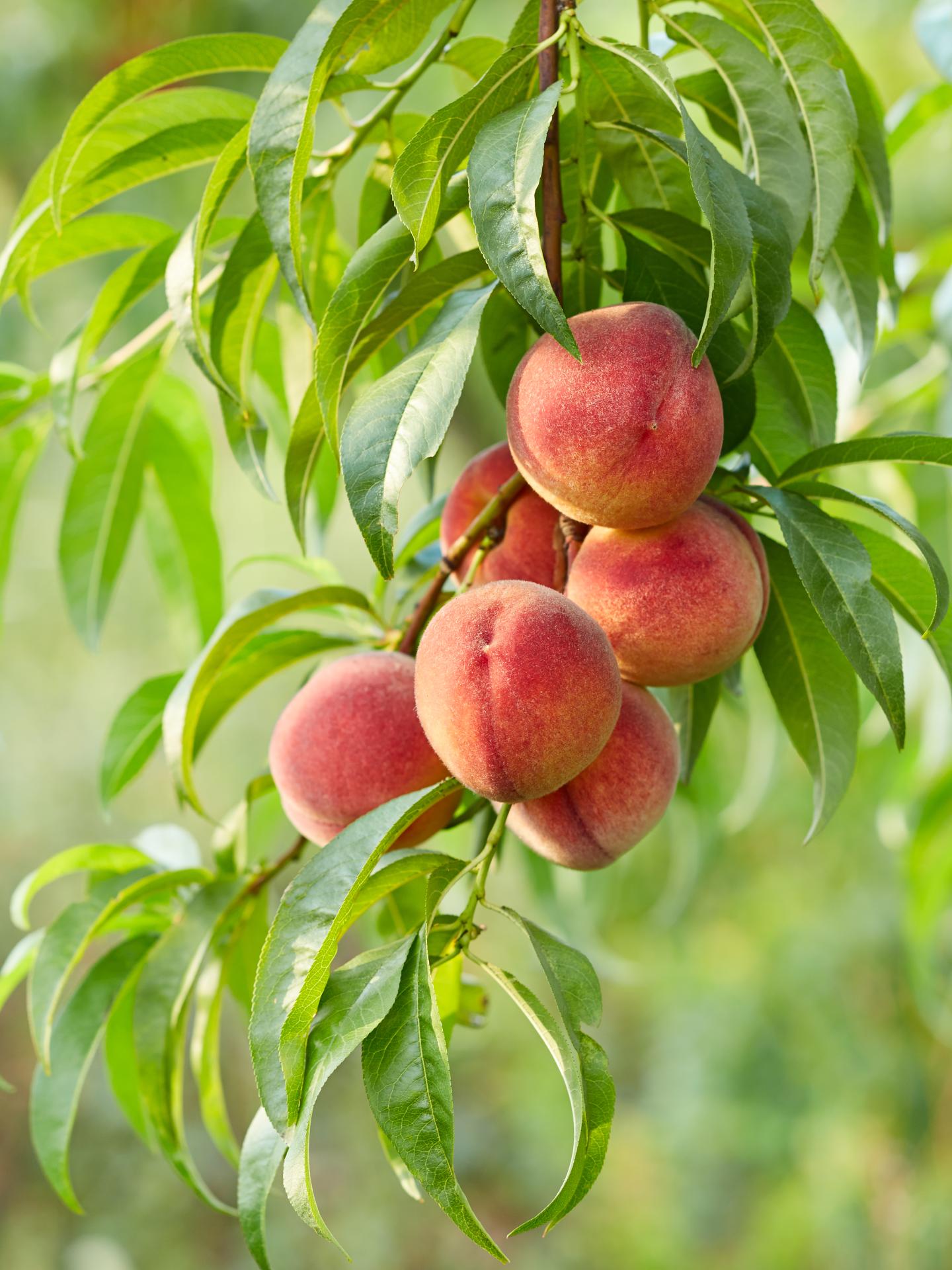
KAMAB 26 by K-Adriatica and calcium in agriculture

Calcium in fruit and vegetable crops plays a crucial role as it is involved in several metabolic processes within the plant but especially in the fruit. Calcium deficiency is known to generate physiological disorders that can trigger dangerous physiopathologies, such as rachis desiccation in grapes, apical rot in tomatoes, leaf dryness in vegetables, bitter pit in apple trees and skin splitting in pear trees. These problems, often resulting from an imbalance between calcium and other elements such as magnesium and potassium, require effective and easily managed nutritional solutions.
In the context of calcium deficiency, K-Adriatica, a company specialising in the development of fertilisers and plant nutrition solutions, is setting a benchmark by introducing KAMAB 26, a nutritional corrector formulated with a base of calcium, magnesium, potassium, boron and nitrogen.
Maria Rosaria Stile, Research & Development Manager of the Adriatica Group, explained the main features of K-Adriatica's fertiliser to ItalFruit: "The KAMAB 26 nutritional solution is the result of extensive research that stands out for its ability to address nutritional imbalances in plants with unrivalled precision. Not limiting itself to simple calcium deficiency, KAMAB 26 focuses on the intricate relationships between different key cations such as calcium, potassium, magnesium and ammonium. These imbalances, often overlooked, are at the root of major physiopathologies that threaten quantitative and qualitative crop yields. K-Adriatica's KAMAB 26 solves them by supplying the nutrients in an ideal and balanced ratio and, thanks to its formulation, allows for rapid and complete absorption. Furthermore, applications of KAMAB 26 during the fruit's growth phase ensure the correct calcium content, promote its homogeneous distribution within the fruit and facilitate the production of calcium pectates and thus the construction of stronger cell walls. This improves fruit firmness as well as post-harvest shelf life."
K-Adriatica then carried out extensive experimental tests on different crops, which confirmed the efficacy of KAMAB 26. "In all the species tested - commented Maria Rosaria Stile - the balanced response of the plants is the result of careful management of the ammonium ion, with a reduction of around 10%, and a significant increase in the final quality of the fruit, associated with an increase in the concentration of pectate calcium of almost 20%. Proper management of the nutrient ratio results in cascading benefits, generating a tangible increase in crop profitability.
Examples? In table grapes, berry firmness has improved considerably, solving the problem of rachis desiccation; in apple trees, the incidence of bitter pitting has been reduced to near-zero levels, while on cherry trees there has been a significant increase in fruit firmness throughout all stages of the supply chain, with a marked decrease in waste at the point of sale. Finally, on the peach tree, we noticed an improvement in flowering with positive effects on the quality and productivity of the orchard."
These results testify to the effectiveness of K-Adriatica's KAMAB 26 in managing calcium in agriculture.










